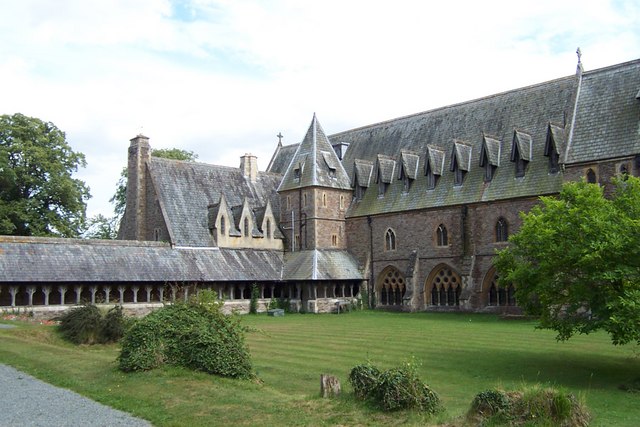At the end of June, picture- perfect British boarding school King’s College St Michaels in Tenbury Wells closed, making all the staff redundant. The story behind its closure reveals the impact of the pandemic not only on the UK’s independent schools, but on English-medium international schools worldwide.
According to a terse Wikipedia entry, the school, which enrolled only international students, provided no reasons for the closure. The school was owned by Inspired Education, a chain of 64 international schools spread across five continents.
However, a spokesperson for the group provided the Gazette with an undated official statement issued at the time of the closure, which makes the reasons abundantly clear.
“As a result of the Covid-19 crisis, international borders are likely to remain closed, leaving students unable to travel,” the statement reads. “This makes the recruitment of international students incredibly difficult. As a result, we expect student numbers to drop significantly to the point where we cannot operate the school to the standards expected of us.”
It goes on to make clear that they were working with parents and hoped, “students will take up places in our other Inspired boarding schools.”
As well as offering boarding in four countries in continental Europe and two in Africa, the group owns another UK school, Reddam House, which also enrols local British students.
King’s College St Michaels, which became part of Inspired last year, as part of its acquisition of the Spain-based King’s College group, is not the only UK independent school to close its doors during the pandemic. Two historic prep schools, as private primary schools are called, have folded: Ashdown House, whose former pupils include Prime Minister Boris Johnson, and the Minster School in York, which was first established in 627 AD.
Another ten small, independent schools have closed, and a further 20 are rumoured to be at risk. Most UK boarding schools specialising in international students, however, are intending to open in September.
Worldwide, few international schools have been forced to close down due to the novel coronavirus, although we found reports of two closing in Dubai. Parents across the world, however, have demanded a reduction in fees, as children have switched to learning online at home.
Inspired has not been immune from the pressure. Parents in their Vietnam schools threatened legal action, according to VN Express website. However, “all matters have now been resolved amicably,” a spokesperson for the group told the Gazette.
In Kenya, a court ordered the group’s Brookehouse school in Kahawa to cut its fees by fifty per cent after a case brought by a group of parents. An accompanying order to cease online learning for younger students was rescinded when parents complained.
Even the UK’s most famous boarding schools have bowed to parental pressure and reduced their fees. Eton lead the way, with a 34 per cent cut. Such cuts in fee
income means that, across the world, private schools have struggled to pay property costs and teachers’ salaries, which make up 80 per cent of costs, according to the Financial Times.
International schools have survived financial disruptions before. A recent report by ISC Research shows that the sector survived the 2008 crash and other recent market disruptions by replacing disappearing expatriates with local families, and by cutting the budgets for admissions marketing. Indeed, it is perhaps because it catered only to non- British students that King’s College St Michaels was a prime candidate for closure.
Inspired founder Nadim M Nsouli comes from a private equity background, but is reportedly serious about education. Previously head of the education portfolio in Europe and the Middle East at Providence Equity, he was involved with Study Group, which runs boarding schools, pathway programmes and the now largely defunct Embassy chain of language schools.
In 2013, convinced by the educational philosophy of Graeme Crawford, founder of the four Reddam House schools in South Africa, Nsouli bought the chain, renaming it Inspired and keeping Crawford as group president. With the backing of Oakley Capital, they began to expand the group, starting new schools and acquiring existing ones.
School chains which are backed by private equity are more likely to be sold on in the medium term. They are also typically funded by debt, and sudden falls in fee income can affect their ability to service the interest payments from cashflow.
In 2019, the Daily Telegraph reported that Inspired Education was seeking funding for further expansion.
Inspired Education may have been lucky. Deal-making activity in the education sector has slowed during the Covid-19 era, according to EdWeek. “The overall dip in the number of mergers and acquisitions during the first half of 2020,” it reports, “was marked by a steep decline in private-equity backed deals.”





